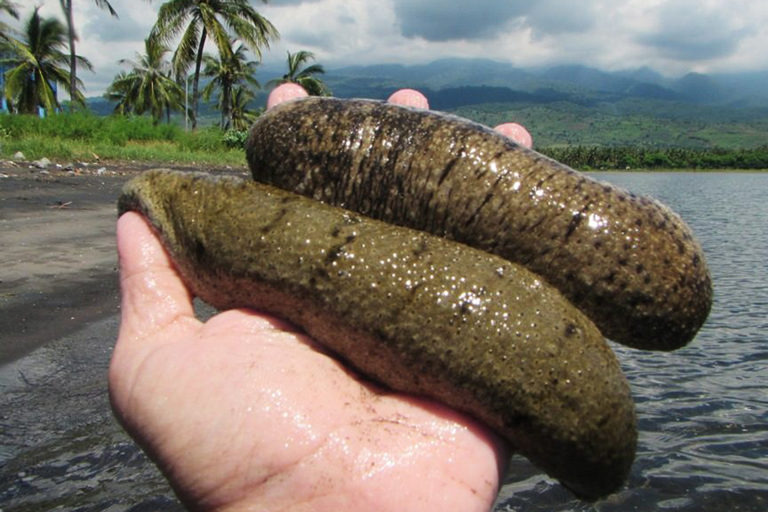Did you change what you ate or drank for January? The start of the year is an annual cue for a Pandora’s box of diet demons to be released; from meal replacements and super-keto diets to slimming teas. Alongside these trends live the regular and more ethical health-conscious messages of dry January and Veganuary, both of which have grown in popularity and have a much cleaner public image. Despite that, they are still not perfect. So this year I’d like to propose another idea that hopefully has longer staying power: call it the “real food revolution”.
The premise of Veganuary is simple: use the pivotal month of January to make a big change to your diet, your health and the planet’s health by cutting out animal products. Veganuary is a not-for-profit charitable company that provides recipes and motivational emails to help you give up meat and dairy products for just one month, with, ideally, positive effects on your waistline and your carbon footprint. Overall, they do a great job, and there is plenty of evidence to support the efficacy of reducing animal-based foods for our health and our planet’s survival. We now know that agriculture is responsible for about 25% of global heating and the single most important action we as individuals can do to help address the climate crisis is not to give up cars, but to eat less meat.
That said, I have two issues with Veganuary. First, dietary change should aim for a long-term, sustainable change rather than a one-month quick fix. Second, there is no clear evidence that strict veganism is better for health than vegetarianism, pescatarianism or flexitarianism (a diet where you’re allowed to eat occasional meat or fish).
"html":"For the average person in the UK, 56% of their our diet comes from these ultra-processed foods","attribution":""
Second, it fuels the perception that all plant-based foods are healthier than all animal-derived ones, which is not always true. If people replace fish, meat, eggs and cheese with plant-based ultra-processed foods, it might actually do us – and the planet – more harm than good.
What do I mean by ultra-processed foods? These are the things that have undergone such extensive change that you wouldn’t be able to reproduce them at home. An easy way to identify them is from the extensive list of ingredients, many of which are unrecognisable; or from their aggressive marketing; or from their high fat, sugar and salt content. For the average person in the UK, 56% of their diet comes from these ultra-processed foods, which are known to damage people’s physical and mental health, and our environment.
The ultra-processed food industry is astute at picking up on trends in order to cash in on them. The ethical impulse to be kinder to animals and the planet is one of those trends. Bloomberg Intelligence predicts 451% growth for the plant-based food market by 2030 (already worth $29bn in 2020). Processed food companies are getting a slice of this by mass-producing vast quantities of plant-based burgers, mince, nuggets, pies, quiches, vegan cheeses and more, all assembled in industrial energy-guzzling factories. The products often use extracted or isolated plant proteins (frequently from peas or soy), which produce waste. Although the average carbon footprint of plant-based meals remains far lower than that of their animal-based equivalents, there is something else that has an even lower environmental impact and is far better for our health: it is called “whole unprocessed food”.
That means fruits, vegetables, pulses and nuts that are bought as whole as possible. And there are important scientific reasons why they are better for us. A lot of it comes down to the gut: we know that having a flourishing, diverse microbiome – the community of trillions of gut microbes in your lower intestine – is important for all aspects of health. Unprocessed foods contain two key ingredients that help support this.
"html":"The more different plants you eat, the greater the variety of beneficial microorganisms in your gut you’ll be supporting","attribution":""
The first comes in the form of polyphenols: chemicals used naturally by plants as defences against pests. The second is fibre, which gives plants their structure. Microbes in the gut find both of these things delicious, feeding on them and in turn producing a range of important chemicals the body needs to stay healthy.
Variety is important, too: the more different plants you can get your hands on with different polyphenols in them, the greater the variety of beneficial microorganisms in your gut you’ll be supporting. In processed food, fibre or polyphenols are usually stripped, pressurised or heated away. The odd vitamin that might be added back in, so that the product can be marketed as “healthy”, cannot make up for the loss.
Next January (well, there’s nothing to stop you from starting this February, actually), instead of eating artificial meat substitutes and vegan cupcakes for a month, why not add a new type of plant to your diet every day? Instead of obsessing about reducing calories and shedding pounds or inches, how about decreasing the number of factory-produced ultra-processed foods in your home with every weekly shop? Instead of demonising all animal products, you could try reducing your meat consumption while focusing on quality products from those companies that are farming regeneratively and fishing responsibly. Instead of buying ready meals, consider cutting out food in packets and teaching children to peel an orange or a banana instead. Eating more “real” food is the most scientifically backed way to live longer, healthier lives.
Big change requires bold thinking, sure, but transformation requires consistent, sustainable change – to be implemented every day, one step at a time, with our own personal circumstances and limitations in mind. One month of change is not enough to break habits built up over a lifetime. But it’s enough to open up new possibilities. Every revolution, including this one, has to start somewhere.
• Tim Spector is professor of epidemiology at King’s College London, and the author of Spoon-Fed: Why Almost Everything We’ve Been Told About Food Is Wrong.
Further reading:
Gut: The Inside Story of Our Body’s Most Under-rated Organ by Giulia Enders (Scribe, £12.99)
Swallow This: Serving Up the Food Industry’s Darkest Secrets by Joanna Blythman (Fourth Estate, £8.99)
The Clever Guts Diet: How to Revolutionise Your Body from the Inside Out by Michael Mosley (Short Books, £8.99)


